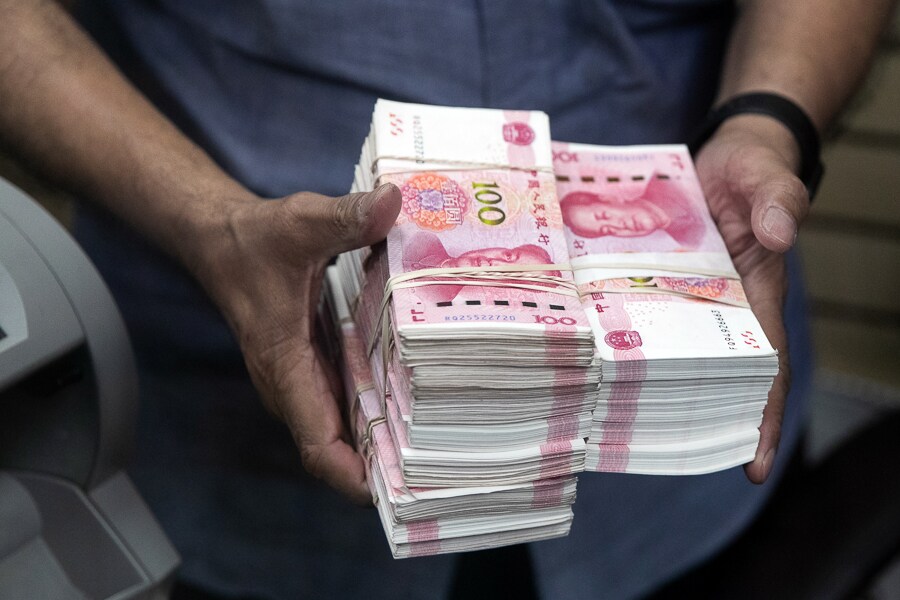
China's economy surges, and so does its currency
China's economy has come roaring back from the depths of the coronavirus pandemic, and its currency has joined the ride
 Chinese currency, known variously as the yuan or the renminbi, at a foreign exchange in Manhattan on Aug. 7, 2019. China’s economy has come roaring back from the depths of the coronavirus pandemic, and its currency has joined the ride; Image: Jeenah Moon/The New York Times
Chinese currency, known variously as the yuan or the renminbi, at a foreign exchange in Manhattan on Aug. 7, 2019. China’s economy has come roaring back from the depths of the coronavirus pandemic, and its currency has joined the ride; Image: Jeenah Moon/The New York Times
HONG KONG — China’s economy has come roaring back from the depths of the coronavirus pandemic, and its currency has joined the ride.
The currency, known variously as the yuan or the renminbi, has surged in strength in recent months against the U.S. dollar and other major currencies. Through Monday, the dollar was worth 6.47 renminbi, compared with 7.16 renminbi in late May and close to its strongest level in 2 1/2 years.
Many currencies tend to jump around in value even more, but Beijing has long kept a leash on China’s, so the renminbi’s leap looks like a power move.
The stronger renminbi has implications for companies that make stuff in China, which is a pretty big group. It could make Chinese-made goods more expensive for the world’s consumers, although the effect seems muted so far.
The most immediate impact might be in Washington, where President-elect Joe Biden is set to move into the White House next week. During past administrations, a weakening of China’s currency led to anger in Washington. The renminbi’s rise may not ease the tense relationship between the two countries, but it could remove one potential issue from Biden’s plate.
©2019 New York Times News Service




